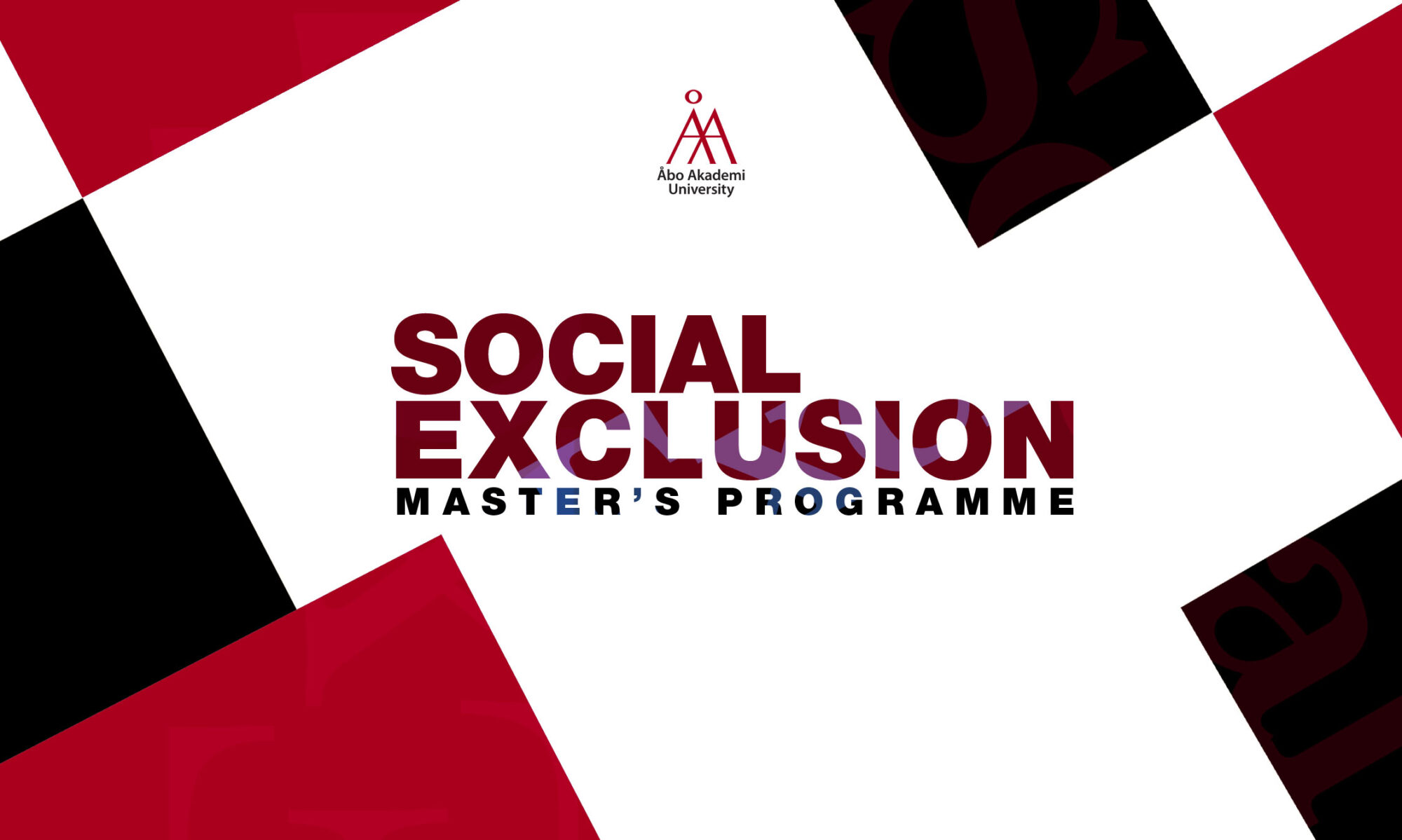I Know Why The Caged Bird Sings

Maya Angelou
In the book I Know Why the Caged Bird Sing” the author, poet and civil rights activist Maya Angelou talks about her lived experiences as a young Black girl in the 1930s and 1940s. She tells a raw and true story of a young girl being sent with her brother to live with their paternal grandmother in Arkansas, while battling with hardship, feelings of ugliness, abuse and racism. Maya also beautifully recounts the evoked emotions from the different encounters, such as sadness, guilt, rage and confusion. The book is a tear-jerking story of coming of age while navigating adulthood and societal structures.
The book has been banned due to containing sexual exploration by teenagers, rape, offensive language, and homosexuality, while also being challenged with containing “anti-white messaging”. The most recent ban happened in 2021. The book has been questioned of being banned, and even Maya herself has questioned the ban by expressing that it is equivalent to acting “as if their children are not faced with the same threats.” This also highlights the need for these books, depicting the reality of various individuals experiences, and how important it is that these stories are read.
I Know Why the Caged Bird Sings is Maya’s autobiography series’ first and most famous book. The series comprises seven autoethnographic recollections of her past, such as her childhood, adulthood, career struggles, and relationship with her mother. The books within the series are as follows:
I Know Why the Caged Bird Sings Gather Together in My Name Singin' and Swining and Gettin' Merry like Christmas The Heart of a Women All Gods Children Need Travelling Shoes A Song Flung To Heaven Mom & Me & Mom
Maya Angelou, born Marguerite Johnson, was an American poet, storyteller and activist, who was awarded over 50 honorary awards before her death.

